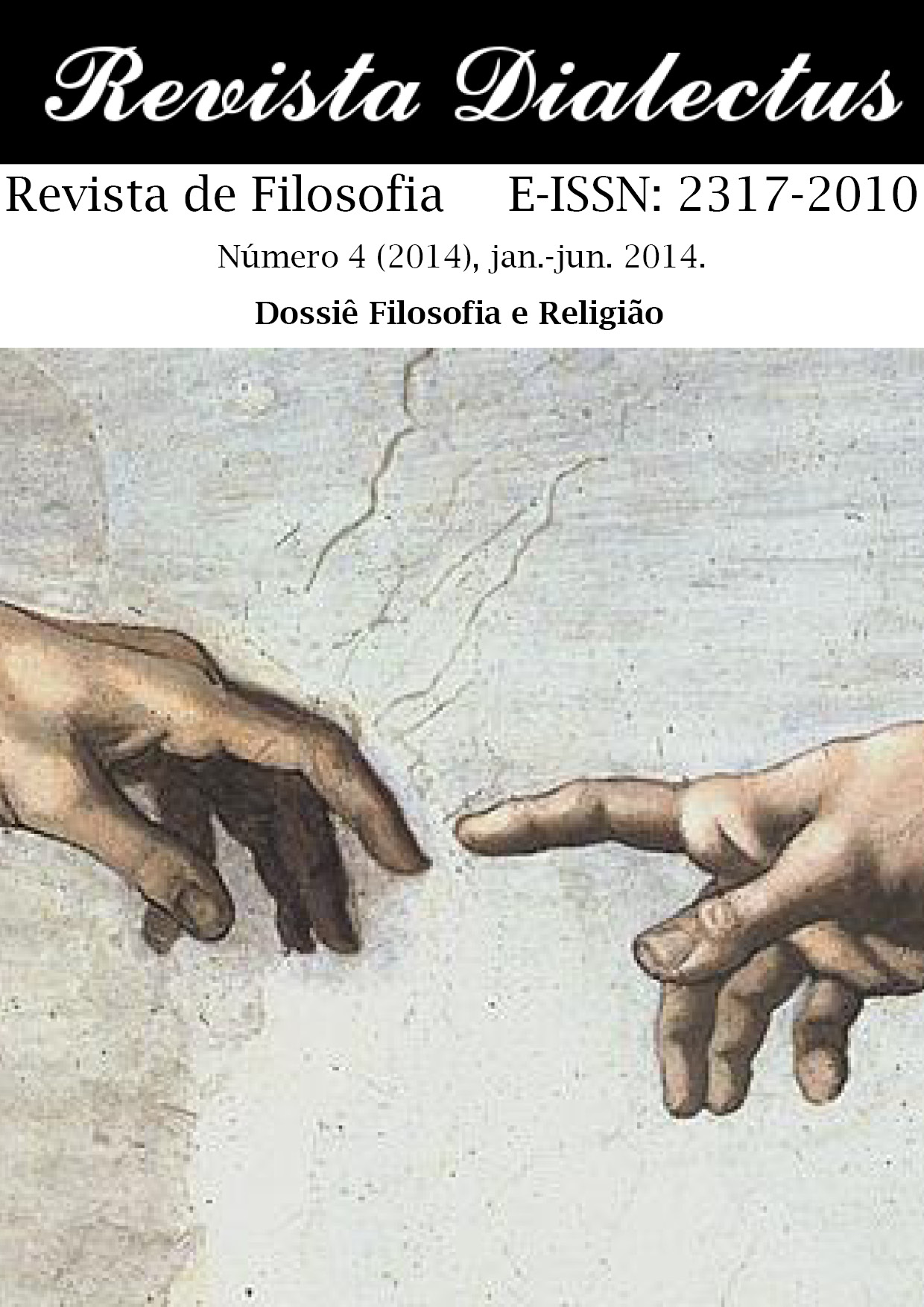Hegel e o Budismo como consciência de si mesmo: Aspectos de uma crítica
DOI:
https://doi.org/10.30611/2014n4id5178Abstract
Este trabalho tem como principal objetivo analisar a interpretação realizada por Hegel do budismo. Através das obras Lições sobre a Filosofia da História e Lições sobre Filosofia da Religião encontramos o caminho elaborado por Hegel para fundamentar sua tese sobre a filosofia da religião e em consequência a perspectiva que obteve das religiões orientais como o budismo. Percebe-se que o momento da filosofia da religião em Hegel é também um movimento de seu sistema da ciência em virtude das características que estão presentes desde sua Ciência da Lógica até as obras relativas à religião. Quando Hegel analisa o budismo utiliza referências de sua época que o levam a uma interpretação equivocada da filosofia budista, de suas práticas e ritos e desenvolve, dentro da história da filosofia, uma fundamentação ao oriente que a torna complexa e sem nenhuma possibilidade de legitimação dentro da estrutura de pensamento. O texto analisa os pontos positivos e negativos do pensamento de Hegel sobre o budismo.Downloads
Published
2016-10-06
Issue
Section
Dossiê Filosofia e Religião
License
Authors who publish in this journal agree to the following terms:
- Authors retain the copyright and grant the journal the right of first publication, with the work simultaneously licensed under the Attribution-NonCommercial-NoDerivatives 4.0 International (CC BY-NC-ND 4.0) License, which allows the non-commercial sharing of work, without modifications and with acknowledgment of authorship and initial publication in this journal.
- Authors are authorized to take additional contracts separately, for non-exclusive distribution of the version of the work published in this journal (eg publish in institutional repository or as a book chapter), with acknowledgment of authorship and initial publication in this journal.
- Authors are allowed and encouraged to publish and distribute their work online (eg in institutional repositories or on their personal page) at any point before or during the editorial process, as this can generate productive changes as well as increase the impact and citation of published work (See The Free Access Effect).



















